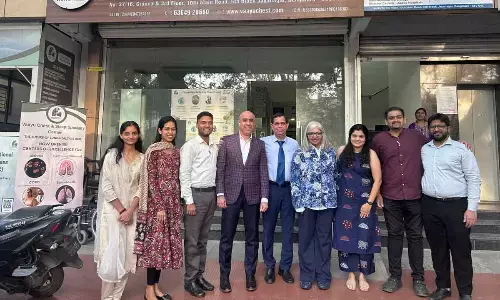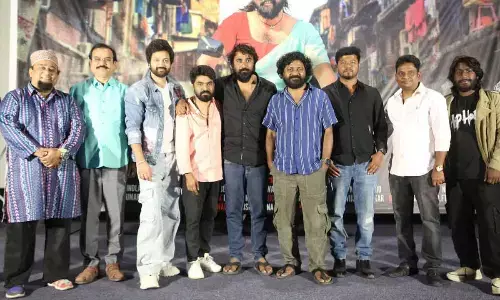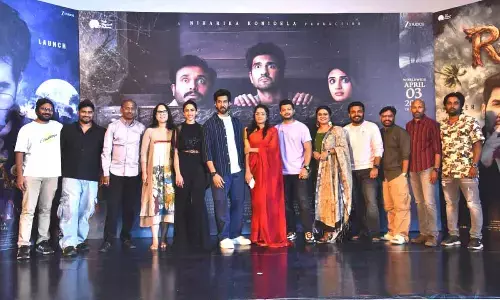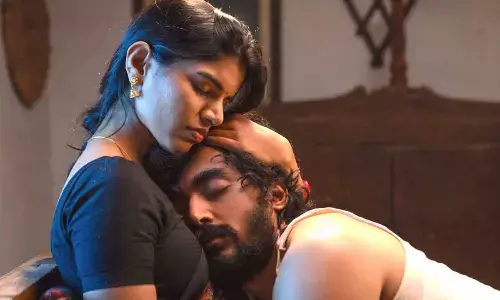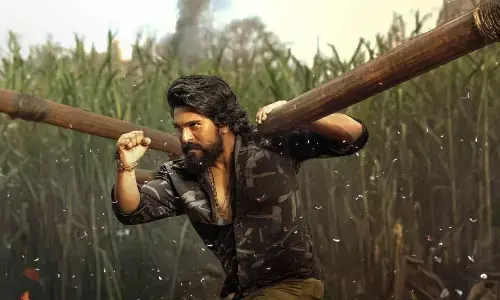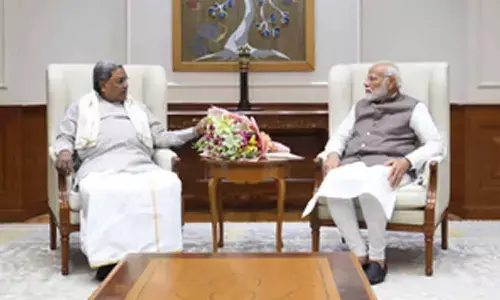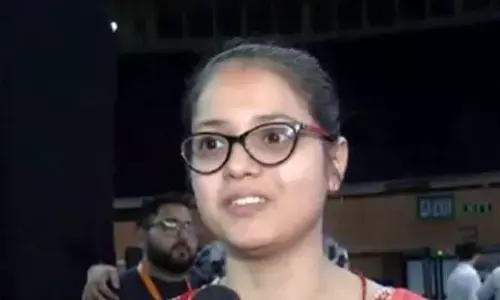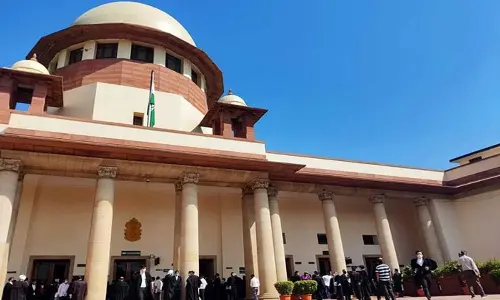Poshan Abhiyaan does much to eradicate malnutrition: Unicef head
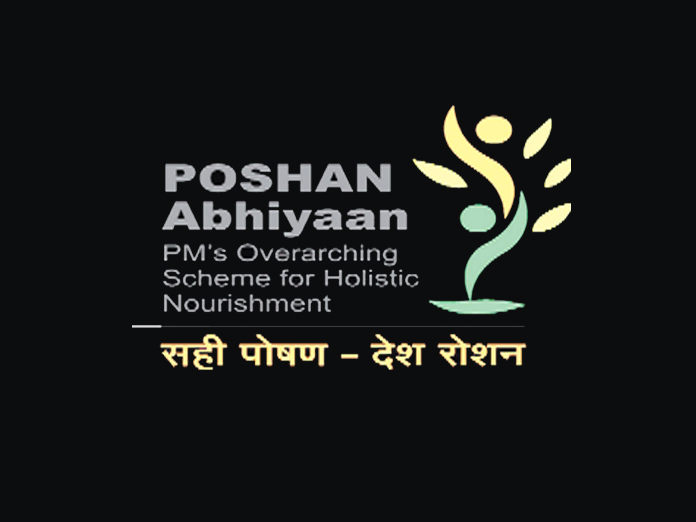
Poshan Abhiyaan, a central government scheme that focuses on reducing stunting, undernutrition and anaemia in women and adolescents through direct cash transfers, is a massive step towards eradicating malnutrition and also serves an an added income for families, Unicef Representative in India Yasmin Ali Haque says
New Delhi : Poshan Abhiyaan, a central government scheme that focuses on reducing stunting, under-nutrition and anaemia in women and adolescents through direct cash transfers, is a massive step towards eradicating malnutrition and also serves an an added income for families, Unicef Representative in India Yasmin Ali Haque says.
"Poshan Abhiyaan has got global recognition for its effort to eradicate malnutrition from India. Cash transfer is an additional support to the family income. The Poshan Abhiyaan is a massive step that realises the need for eradicating malnutrition," Haque told IANS in an interview.
The 'Poshan Abhiyaan' was launched by Prime Minister Narendra Modi in March last year from Rajasthan's Jhunjhunu in which direct cash transfers have been rolled out in three phases in all the districts.
"The whole issue of malnutrition requires concrete action starting from the grassroot level at households as well as the community level.
The first and the most important step for reducing malnutrition in India is providing sufficient nutrition to pregnant and lactating mothers.
The child then automatically is at much less risk of being malnourished," Haque, who took up her present assignment in 2017, pointed out.
According to a latest Unicef report, nearly one in three persons in India has at least one form of malnutrition and this will climb to one in two by 2025, going by current trends.
According to the National Family Health Survey (NFHS)-4, 2015-16, one in every five Indians (both genders) is too thin with a BMI of less than 18.5, while every fourth male and second female is anaemic.
The NFHS report also found that one in three women consume dark green leafy vegetables, chicken/meat/fish/eggs only once a week while one in two women do not consume fruits even once a week. "One in five women however, consume aerated drinks weekly, one in 10 women consume fried food daily. Only one in 10 children aged 6-23 months receive an adequate diet," the report noted.
"Educating the families on the need for nutrition is also very important. Behavioural changes have to be introduced in families. The government should also take more initiatives on reaching out to households," Haque noted.
According to the latest Global Nutrition Report, India is facing a major malnutrition crisis as it holds almost a third of the world's burden for stunting. With 46.6 million children who are stunted, India tops the list, followed by Nigeria (13.9 million) and Pakistan (10.7 million), the report mentioned.
The report also noted that India also accounted for 25.5 million children who are wasted, followed by Nigeria (3.4 million) and Indonesia (3.3 million).


